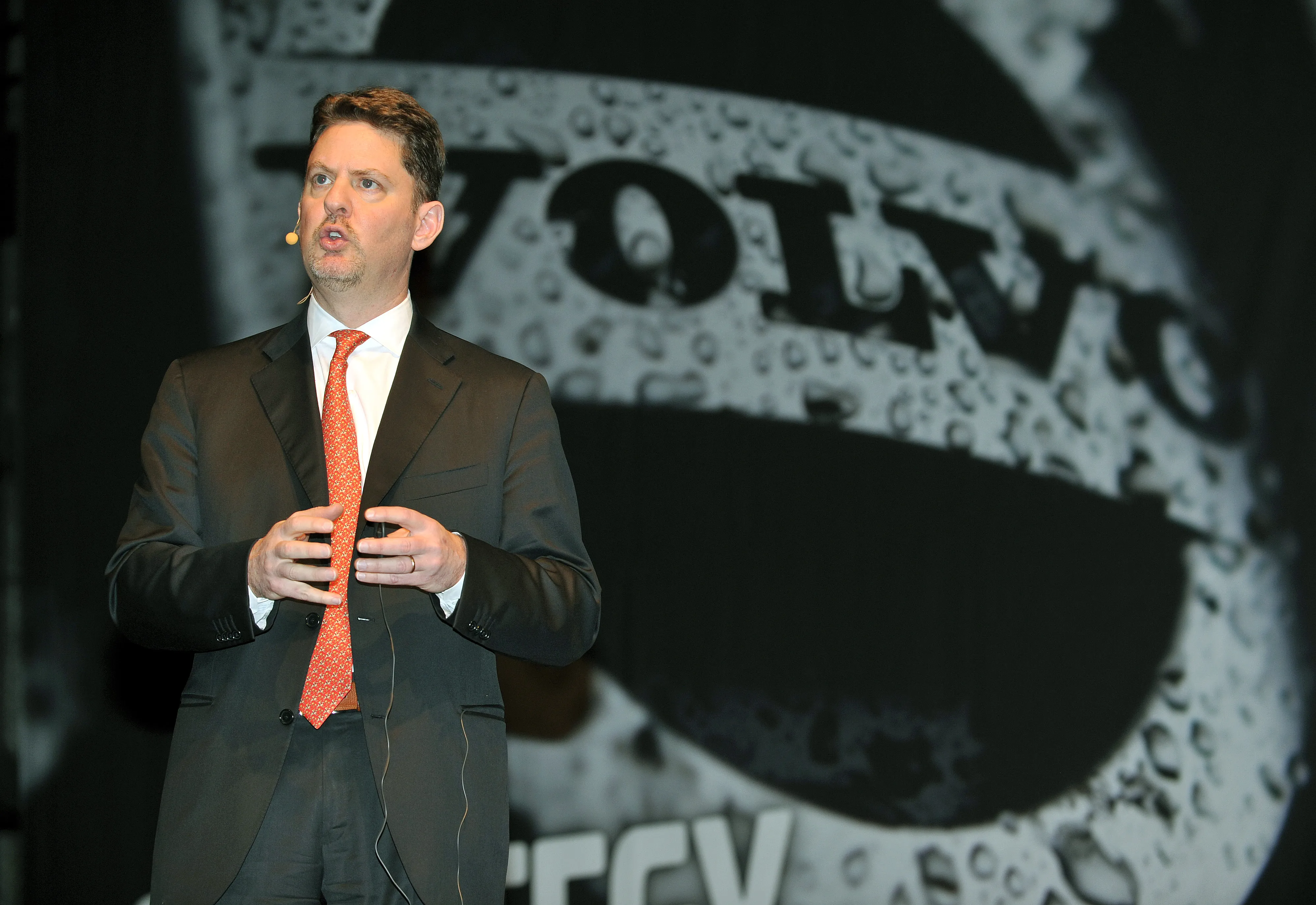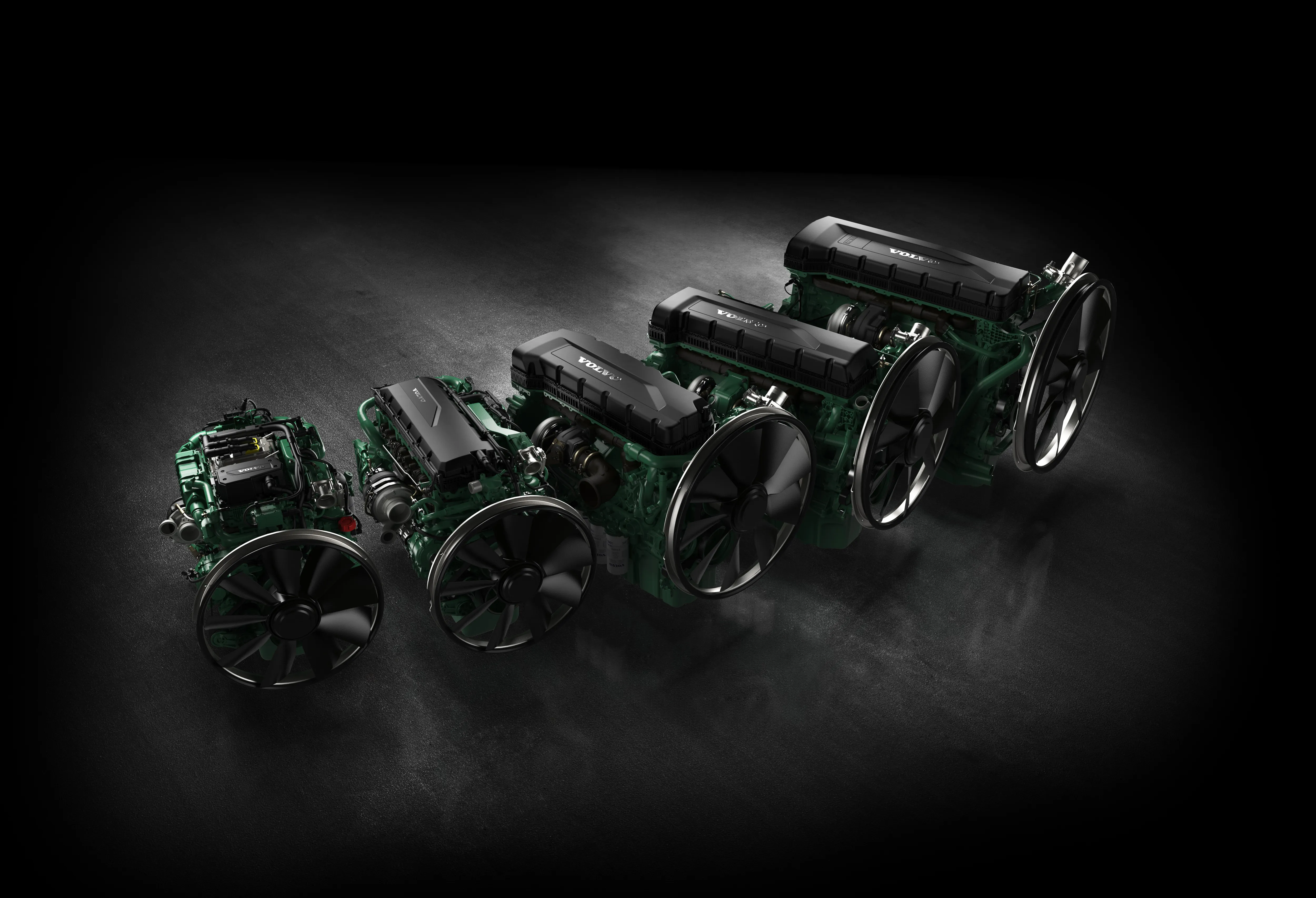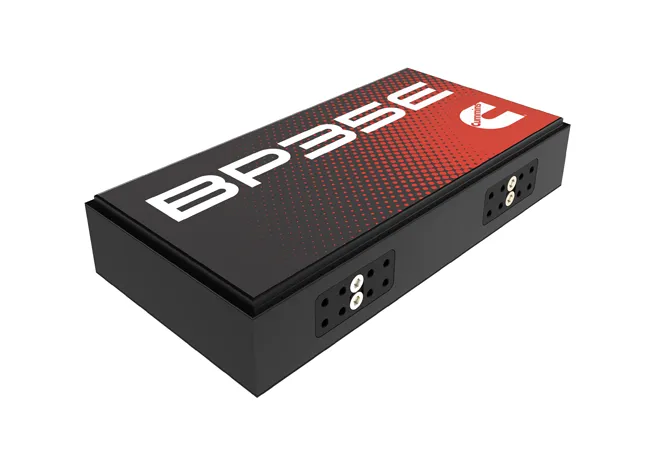Volvo Construction Equipment president Pat Olney has unveiled the low-emissions technology used in the company’s forthcoming Stage IV/Tier 4 Final-compliant machines. He also detailed the progress of investments in Europe and other international markets and announced the extensive development pipeline that will see a radically updated product range launched over the next two years.
April 17, 2013
Read time: 4 mins

He also detailed the progress of investments in Europe and other international markets and announced the extensive development pipeline that will see a radically updated product range launched over the next two years.
The engine system, a result of thousands of hours of bench and multi-application field testing, and already installed in more than a million Volvo trucks, is set for launch when the new legislation comes into force in January 2014.
Volvo CE will use selective catalytic reduction (SCR) in addition to a diesel particulate filter (DPF) and exhaust gas recirculation (EGR) in order to meet the requirements of the forthcoming Stage IV/Tier 4 Final emissions legislation, in most instances.
The system will feature an updated DPF that generally will not require active regeneration. Particulate matter oxidisation will now occur at low exhaust temperatures during normal machine operation.
“Thanks to being part of the Volvo Group our ‘new’ SCR technology has, in fact, already been comprehensively tested in more than one million SCR-equipped trucks produced by Volvo Trucks since the system was introduced in 2005,” Olney said. “This is in addition to the tens of thousands of hours of testing Volvo CE has conducted in its articulated haulers, wheeled loaders and excavators, as well as engine test benches.
“This real-world experience and research makes it clear that not only will our Tier 4 Final-compliant products be environmentally cleaner, they will also use less fuel in most applications.
“We are in the final stages of developing what constitutes a radical overhaul of our product range, one that will see a large number of new machines launched over the next 12 to 24 months.
“Not only will they offer more customer and environmental benefits, these fuel-efficient products will also further Volvo CE’s progress towards achieving its WWF Climate Savers commitment of reducing CO2 emissions from its machines sold between 2009 and 2014 by 15 million tonnes.”
Olney highlighted that in 2012 Volvo CE reported broadly flat sales, despite a sharp downturn in market conditions in the second half of the year.
He said the company also reinforced its position as market leader in the all-important Chinese wheeled loader and excavator segment, extending its share in 2012 to an unprecedented 15%.
Volvo CE also produced its second best ever annual output, selling 78,491 machines during the year.
At bauma, among its new products, Volvo CE’s introductions include the ECR25D, ECR58D and ECR88D short radius compact excavators; the P6870C asphalt paver; EC480D high-reach demolition excavator, a new range of excavator and loader attachments, along with a range of comprehensive support packages.
Turning to the company’s investment programme, Olney said that March saw the culmination of a US$100 million initiative when the first wheeled loaders rolled off a new production line at the company’s Shippensburg facility in the US.
Meanwhile, excavator production is set to begin in May at a new factory in Kaluga, Russia.
Olney also gave an update on the progress at other ongoing investments in India, Brazil and China, where capacity and product expansion programmes are strengthening Volvo’s ability to serve its growing customer base.
Around the EMEA region, the company is investing in a new headquarters for the sales region; it is finalising capacity investment at its Eskilstuna, Sweden component factory and upgrading paint shop and fabrication improvements at its Braås, Sweden, articulated hauler factory.
Investments are also being made in Saudi Arabia, Azerbaijan and Western Africa territory while a focused approach is being taken in South Africa.
“Even though we expect 2013 to be a year of sluggish growth overall, Volvo CE continues to invest in innovative products that meet the needs of customers globally,” said Olney.
He concluded: “This, coupled with investments in our industrial footprint, means that we are increasingly able to serve the specific needs of customers locally, while at the same time reducing our overall environmental impact.”
Björn Ingemanson, president of
“Thanks to our engines’ fuel efficiency and cost of ownership, the Volvo Penta product range has been well received, and we are experiencing strong growth within the off-highway segment,” said Ingemanson.
Stand: 4C.319/719
Stand: F5.512/514
View more stories







